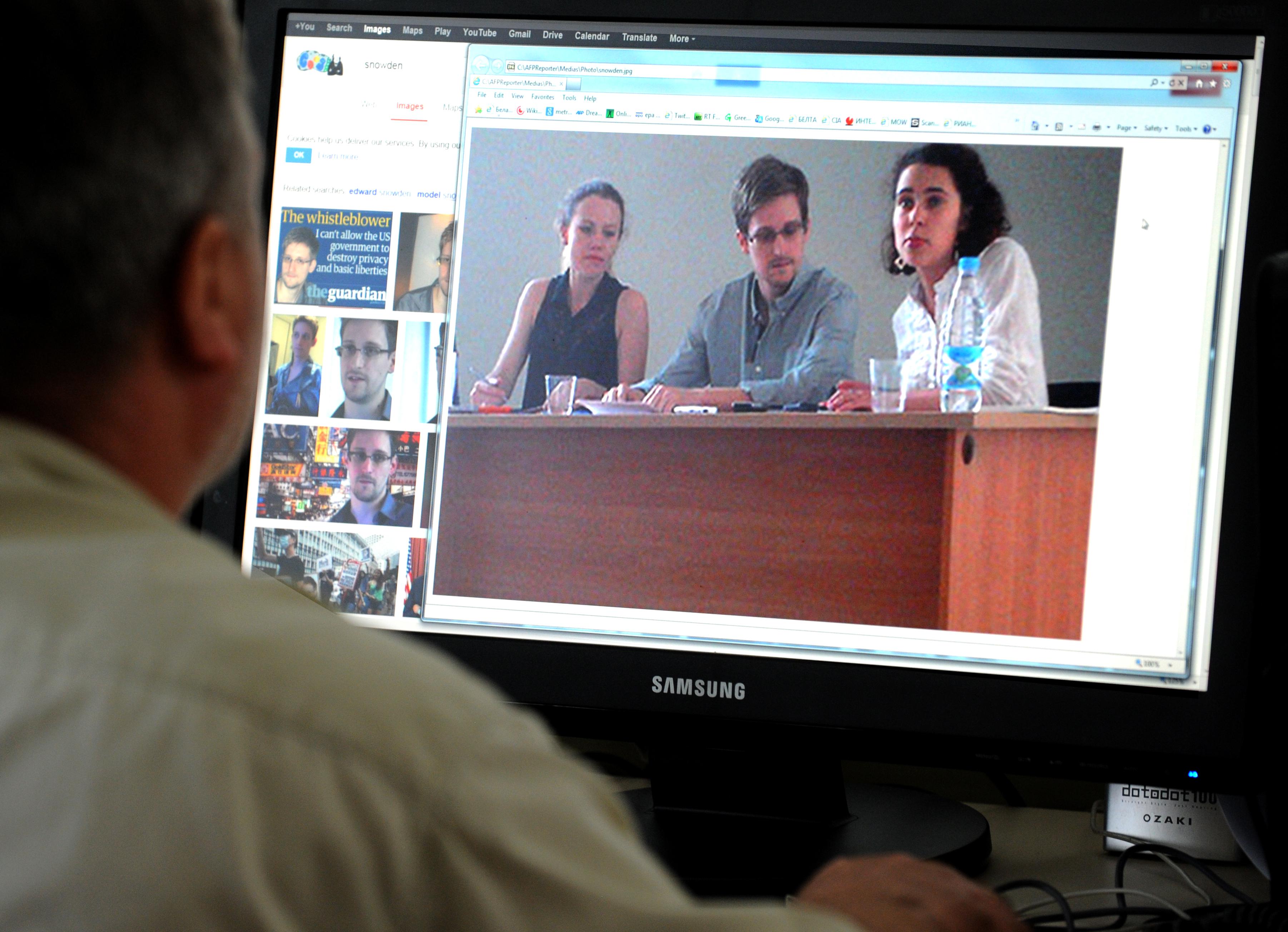Glenn Greenwald sat down for an interview with the Associated Press on Sunday, roughly four hours after last being in contact with Edward Snowden. The Guardian columnist’s direct message: The former NSA contractor has highly sensitive documents showing the inner workings of the National Security Agency that could harm the U.S. government if they were to be made public:
… disclosure of the information in the documents “would allow somebody who read them to know exactly how the NSA does what it does, which would in turn allow them to evade that surveillance or replicate it.” [Greenwald] said the “literally thousands of documents” taken by Snowden constitute “basically the instruction manual for how the NSA is built.”
“In order to take documents with him that proved that what he was saying was true he had to take ones that included very sensitive, detailed blueprints of how the NSA does what they do,” the journalist said Sunday in a Rio de Janeiro hotel room. …
Greenwald said he believes the disclosure of the information in the documents would not prove harmful to Americans or their national security, but that Snowden has insisted they not be made public. “I think it would be harmful to the U.S. government, as they perceive their own interests, if the details of those programs were revealed,” he said.
Like all things having to do with Snowden and the NSA leaks, the latest revelation can—and no doubt will—be used by both his critics and his allies. For the latter, the fact that he’s holding on to classified documents that he believes would harm the U.S. government is proof that he has no desire to do so. For his critics, however, it’s the latest not-so subtle reminder that Snowden still has the power to do the aforementioned damage if he so chooses. (Just because he hasn’t yet, doesn’t mean he won’t in the future.)
Of course, those two readings aren’t mutually exclusive; Snowden could both sincerely want to keep the potentially harmful documents secret while still being willing to expose them if he feels he has no other choice. The bigger question is probably what Snowden defines as having his hand forced: Would a credible threat change his mind? Or, say, simply the continued refusal to allow him to fly to Latin America?
In the AP interview, Greenwald was intentionally vague about the so-called dead man’s switch in place that would allow people access to Snowden’s trove of documents if something were to happen to him—although he made it sound as though the bar is about as high as it can get.
“It’s really just a way to protect himself against extremely rogue behavior on the part of the United States, by which I mean violent actions toward him, designed to end his life, and it’s just a way to ensure that nobody feels incentivized to do that,” he said, refusing to go into more specifics while still blasting previous description of such a pact as “overly simplistic.”
